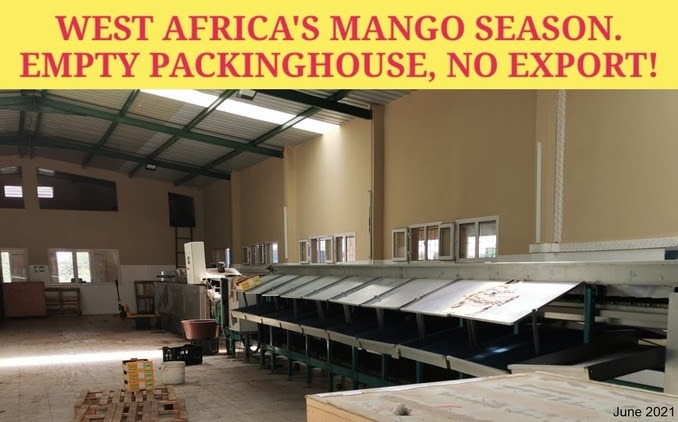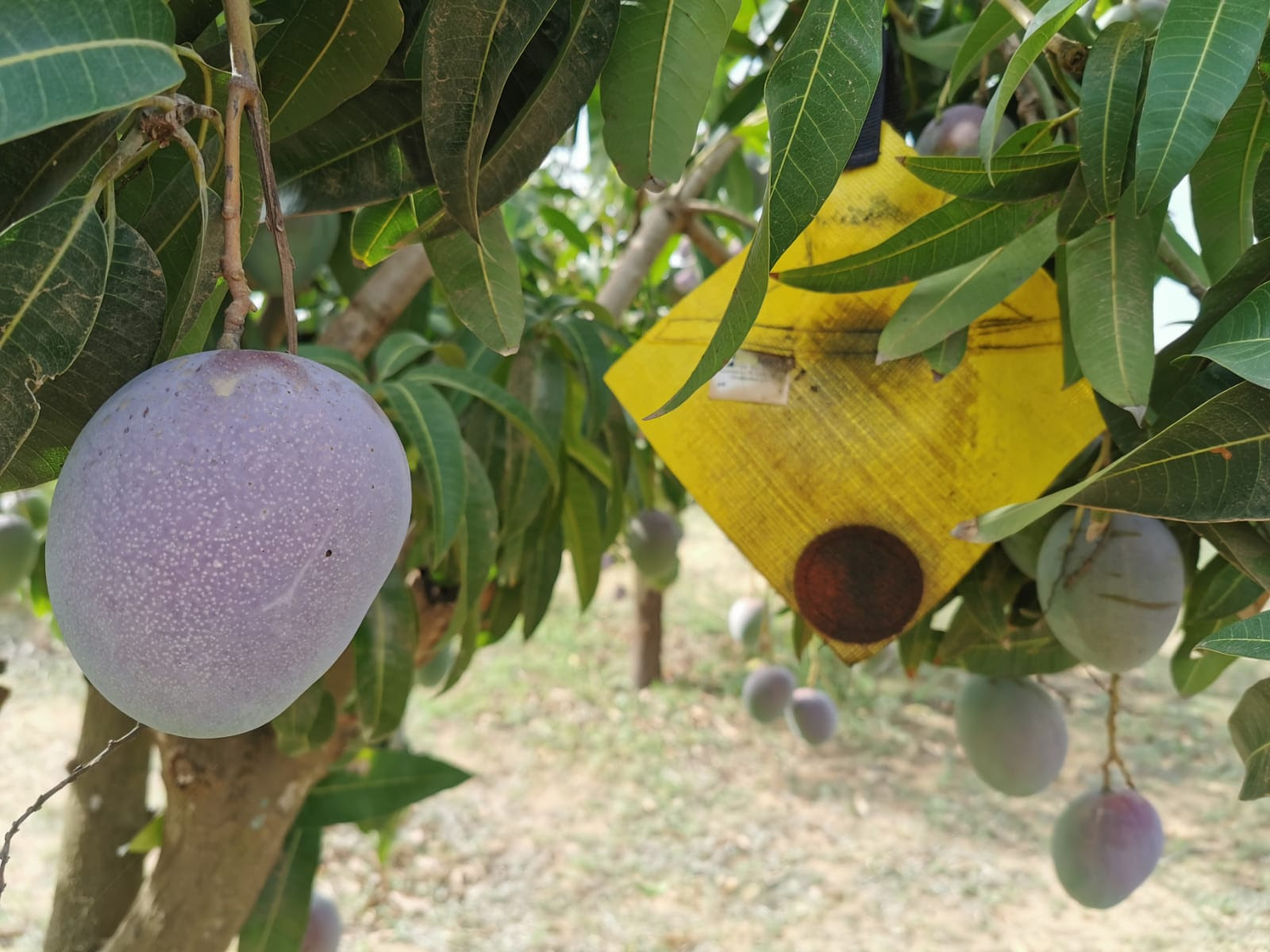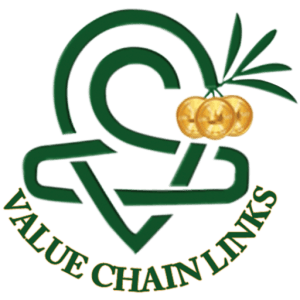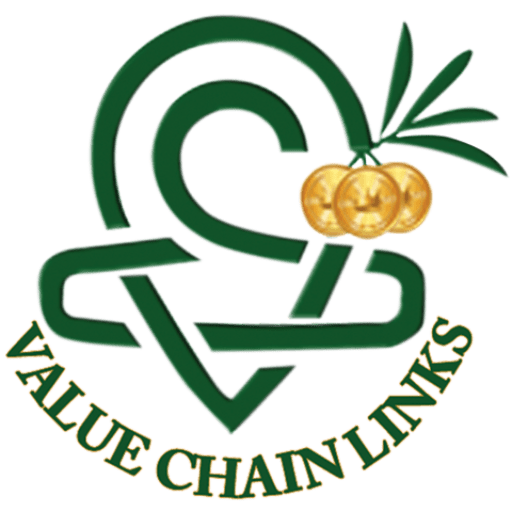WHY (SOME) MANGO EXPORTERS ARE AFRAID OF INCREASING EXPORT?

BY DR. NIMROD
BEHAVIORAL ECONOMICS
Sometimes things happen to you that you can’t figure out by rationally analyzing them. Or, maybe there is a way to understand “irrational behaviors” if we first understand the “feelings” of the people involved.
Fear is a feeling which navigates us more than we would like to admit.
Thanks to the new field in Economics, which is called Behavioral Economics (led by numerous Israeli researchers, including a Nobel laureate in economics, Prof. Daniel Kahneman and Prof. Dan Ariely), we now have better tools to deal with human behaviors that seem to contradict the economic benefit of a person.
This time I share a series of events that caused me to understand better the people I am working with and for, mainly the Farmers and Exporters in emerging economies.
WHEN BEHAVIORAL ECONOMICS MEETS LIFE
The fact is that there is very little mango export from Africa to Europe or other premium markets.
Why?
Mainly due to the inability to stand up to the high biosecurity standards and chemical residues imposed by the premium markets’ regulators and consumer demand.
For African mango growers (and many other crops), the number one (#1) bio-security hazard is fruit flies.
Unfortunately, in Africa, even when the “best” available protocol is applied (i.e., sprays + traps + sanitation, at a cost ranging from 500€ to 1200€ per hectare), fruit flies are not well controlled in mango farms (50% to 80% damage).
What is the result of the above-known situation and facts?
Mango export (and many other fruits and vegetables) from sub-Sahara countries is under Export Ban or limited to a short period. The total export of fresh mangoes from Africa to Europe is about 70,000 tons, about 10% of mango imports to Europe. Not something to be proud of.
What is the meaning?
Because of this, hundreds of thousands of mango growers across Africa market as little as only 20% to 50% of their potential production.
Out of millions of tons of mangoes produced across Africa, only a tiny portion, ca. 70,000 tons, reaches high premium markets to receive a top price. The majority of mango growers export none.
The direct outcome of this unfortunate reality is a meager income, often 300€ to 800€ per hectare, and extensive poverty among mango growers.
It is clear that without the export of fresh produce, the national economy suffers too, and farmers and business people can only envy exporting countries, such as Israel, Peru, Brazil, Mexico, and South Africa.
What is the source of these bad problems?
Fruit flies are quarantine pests. When African farmers/countries can’t achieve superb control over fruit flies and with infestation ranging from 50% to 80%, no wonder importing countries hesitate from enabling free entry to such fruits into their territories.
It is not easy to be an African exporter. Many of them carry the scars of fruit fly interception in the EU, with its high financial cost and heavy damage to their reputation.
What are the counter-measures?
To decrease the chance of Interception, and even worse, a National Export Ban, exporters, and countries (those who can still export) take preventative measures, among others:
(1) Self-export ban with the onset of the rainy season. Meaning the harvest season is abridged.
(2) Harvest pre-mature fruits, although the taste, size, and color or not in their prime. In other words, they compromise on Quality. That explains why many consumers are unhappy with the quality. (to add a link to consumer survey).
With so many struggles and vast spread poverty of African mango growers, does it make sense that some exporters would prefer remaining in this horrible state and even make considerable efforts to prevent the introduction of protocols that eliminate the fruit fly problem?
As strange as it sounds, this is a phenomenon I recently encountered. I wish to share this with you, as I believe others could use the problem described and the lesson to learn.
EXPORTERS RESISTING A SOLUTION TO FRUIT FLIES
This year, 2021, I spend a lot of time in Senegal. I use this time to maintain close contact with mango growers, packing houses owners, exporters, and importers.
My focus is implementing the Green Valley program, starting with the FFCTZ (Fruit Fly Certified Trade Zone) protocol, in different regions and under various conditions.

To my delight, the results are tremendous and typically show over a 99% reduction in the level of infections where the FFCTZ protocol is implementing.
In Senegal, when it comes to fruit flies, the most notorious region is the Casamance, in the southern tropical part of the country.
As for now, mango infestation is very high there, yet, those farms acting under the FFCTZ protocol continue harvesting the second and third harvest (!!!) of export quality mangoes.
Exporting as long as you have fruits and whenever you want means a harvest season twice as long. It also means harvesting mangoes when they reach their best quality (and not according to fruit flies), and hence, having a better taste, color, size, and quantity (thanks to not losing to fruit flies and the greater fruit size).
This immediately translates into 50% to 500% increased income for farmers and exporters. This is achieved based on the sustainable Green Valley business model.
Zero sprays and zero fruit fly infestation;
On the face of it, we would expect the Exporters to be the first to welcome such a game-changing solution that holds the potential to transform the fresh mango export industry completely.
With current poor business results, inability to dramatically increase export volume, problems with mango quality, and continuous risk of Export Ban, who would like to keep this state and practically object to any change?
To my surprise, I discovered that some exporters do not welcome the positive bio-security change. First, I couldn’t believe it, and then, I tried to figure out WHY.
Here are some of the questions/hypotheses raised as to the source of the opposition with possible answers –
• Is it because the fruit fly infestation is not low enough? No. No infestation was found, not even during the rainy season.
• Is it because of chemical residues in the fruit? No. There is zero contact of any chemicals with the fruit or the environment, and of course, there are no chemical residues. Other than semiochemicals (smells), no chemicals of any kind are released to the environment, including fertilizers.
• Is it because of other quality issues? No, to the best of our knowledge.
• Is it because of a particular limitation of the protocol? No, to the best of our knowledge.
• Is it because of difficulty in the application? No. The project is responsible for the application; the farmers and exporters are not involved at that stage.
• Is it because of logistical difficulties of some kind? No. The Exporters had not pointed out any logistic difficulty.
• Is it because the use of the protocol is limited to a particular area? No, as there is no such limitation.
• Is it because the farmers with whom the exporters’ work do not have access to the protocol? No. There is no preference. Everyone has the same access to the protocol.
•Is it because it does not control some fruit flies? No. Results show that the answer is very satisfactory.
• Is it because inefficient in certain climatic conditions? No. The FFCTZ protocol is effective in dry and hot areas, as well as humid and rainy.
• Is it because of the fear of a shortage of mango for export markets if the export will become an easy task? No. Potentially, there are more than enough mangoes to export (keep in mind that without FFCTZ protocol, 50% to 80% of the produce is lost due to fruit flies).
• Is it because of the fear that the export markets will not meet a greater supply? No. Even if Senegal will double and triples its exports, it is still a drop in the ocean of demand.
• Is it because of a struggle for another limited resource? No, not to the best of our knowledge.
So what could be the reason for opposing a Zero Infestation, Zero Sprays fruit fly control protocol?
After a lengthy investigation, this is what we find out;
Once the exporters saw, with their own eyes, the good results obtained at the Green Valley farms, some of them started to fear that Green Valley, which developed and operate the FFCTZ protocol, would turn into a monopoly, including taking care of ALL export activities by itself. They were fearing that Green Valley would replace them, making them unnecessary.
With FEAR leading the business decisions of some exporters (note, not the farmers), there was no place left for rationality.
What should we do? How should we deal with such a scenario? How should we react?
ARE YOU AFRAID OF “ZERO FRUIT FLY INFESTATION”?
Green Valley has invested a lot of effort and resources to help African farmers bring CHANGE into their lives.
We do it not through charity but by enabling farmers, sustainably, to increase their production quantity and quality continuously, and hence their income.
In my view, increasing income is the best way of fighting poverty. It is clear that once high-quality production of mango is available, the entire value chain, including Green Valley farmers and exporters, benefit from the change.
Once I understood the root problem that caused exporters to be intimidated by Green Valley, it was easy to fix the misunderstanding.
I believe that “by doing good” in favor of the ‘mango value chain partners” should not be a cause for concern.
In contrast to the Exporters’ fear, the reality of Green Valley activity is evident when one views its goals and deeds:
* Green Valley is entirely directed to bring the maximum benefit to the value chain partners, emphasizing the Farmers.
* Green Valley is a service provided to all farmers and exporters, without any bias.
All are subject to the capabilities and capacity limitations of Biofeed/Green Valley and the compliance of customers with the protocol’s requirements.
* Green Valley is interested in helping farmers and exporters solve marketing problems, preventing them from a better income and life.
* Green Valley has NO intention of replacing farmers or exporters. Green Valley works for them and acts with them!
* Green Valley’s ultimate goal is to see farmers’ income increased by hundreds of percent.
* Green Valley will enable farmers and exporters to grow, market, and export mangoes (and other fruits later on) without fear of phytosanitary issues or Export Bans.
* Green Valley will enable countries where the project is active to increase the food security of the country’s residents. Business-wise, such countries will increase exports and improve foreign exchange balance, add jobs for young people, make the agro-industry business attractive and profitable for young people and investors.
At that stage, my dream is to see Senegal DOUBLE its mango export in 2022, and then the same with other African countries.
Contact me if you are a Senegalese exporter and wish to take part in Green Valley or if you want to import from Senegal or another African country.
Whether you think it is POSSIBLE or IMPOSSIBLE, please share your thoughts with me.
| Note, at this time, many exporters contacted Green Valley to exploit the “window of opportunity” to establish their business based on high-quality standards for increased export and income.Are you afraid of Green Valley or want to see it in your country?A short reply with the name of your country and your attitude towards Green Valley will be appreciated. |
| TAKEAWAY» Green Valley is a service provider to facilitate and increase fresh produce export and marketing.» Green Valley has no intentions to replace any value chain partners but to strengthen them with an available solution at a compelling cost.» Mango export from Africa is minor. Yet, some are afraid of any change, even if that change means more export and prosperity. |
| Please, if you found value in this article, it would mean a lot to me if you send me a comment and share it with your friends.Subscribe here for access to exclusive content – SUBSCRIBE. |

